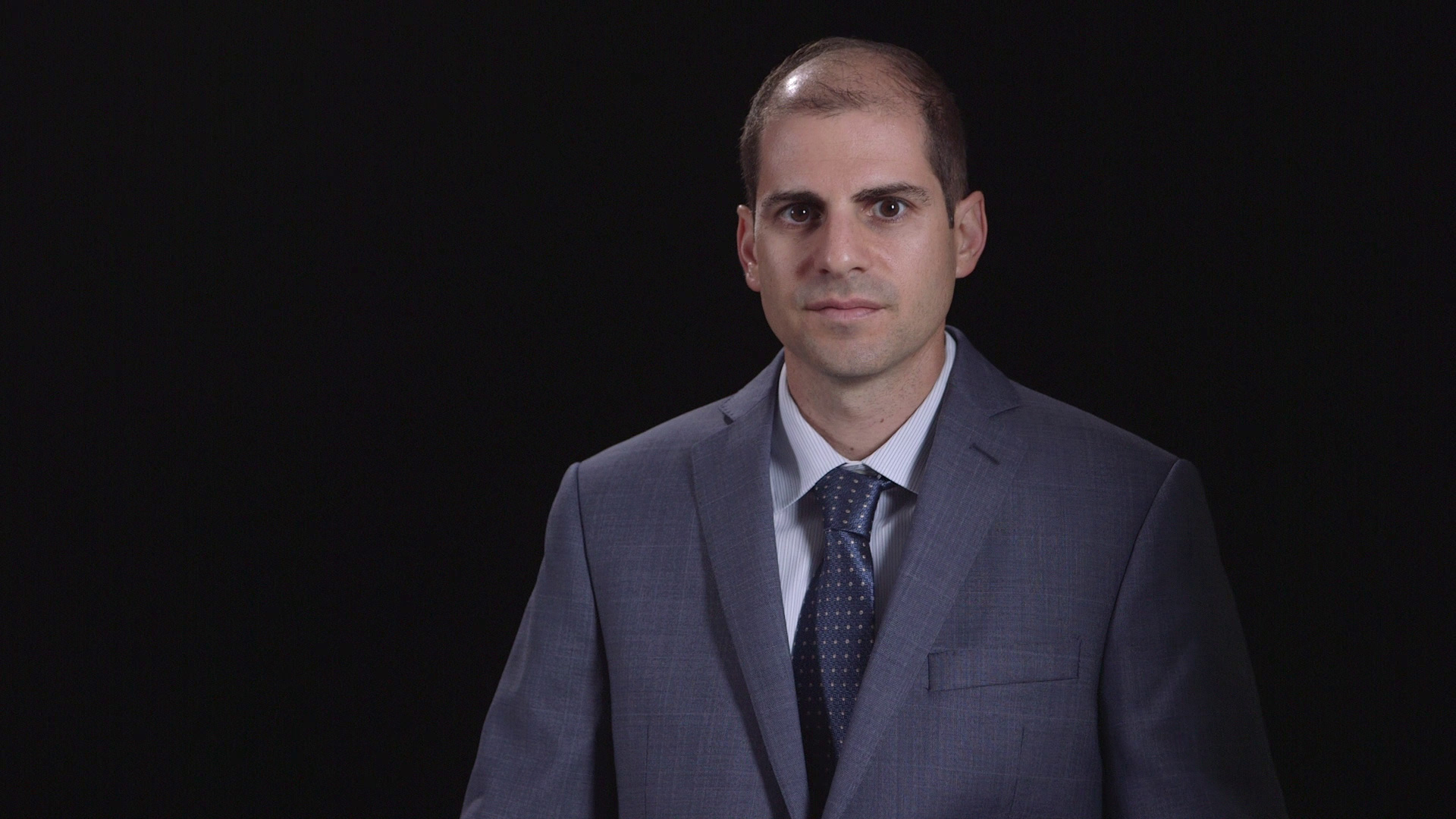Erectile dysfunction (ED, impotence) varies in severity; some men have a total inability to achieve an erection, others have an inconsistent ability to achieve an erection, and still others can sustain only brief erections.[Read Full Article…]
Minimally Invasive Surgery with Dr Laryngakis
The da Vinci Surgical System is a surgical robot that does tiny incisions for precise, minimally invasive procedures. [Read Full Article…]
Penile Prosthesis Success Rate, Dr Reid Graves
Penile Implant requires a permanent surgical procedure that cannot be reversed. It is important that men talk to their doctor about the advantages and possible risks of having the procedure.[Read Full Article…]
Dr Nicholas Laryngakis – Becoming a Urologist
Dr. Nicholas Laryngakis is a board certified urologist practicing in St. Petersburg and the greater Tampa Bay area. He received his undergraduate and medical school degree from the University of Florida. [Read Full Article…]
Dr. Graves- Prostate Cancer-Options For Managing Prostate Cancer
A urologist uses active surveillance to monitor cancer closely with digital rectal exams, ultrasounds, and prostate-specific antigen blood tests to check the progression of the disease. [Read Full Article…]
Enlarged Prostate – The Apple Analogy Explained
As the Prostate Gland increases in size, it puts pressure to the neighboring organs specially the urethra, resulting into the constriction of the urethra passage. [Read Full Article…]
Vasectomy- A Minimally Invasive Procedure
The vasectomy will take about 10-20 minutes to perform. A local anesthetic is injected into the scrotal skin adjacent to the vas deferens. [Read Full Article…]
Common Symptoms for Low Testoterone in Men
Testosterone is a hormone that is produced in the testicles in men. It is mainly responsible for maintaining male characteristics (such as hair growth and a deep voice) and facilitating muscle growth. [Read Full Article…]
Forgotten Facts About Prostate Cancer
The residents in America’s largest cities find it hard to ignore the large billboard financed by the American Lung Association. That huge sign serves as a reminder that smoking is responsible for the number one type of cancer in men. Yet that same billboard also makes it easy to forget an important fact about prostate cancer. That is the fact that a malignancy of the gland located under the bladder of all males ranks number two as a malignancy that can disrupt to lives of a man, along with the lives of his friends and family.
In light of that fact, one that too many men and women tend to forget, it pays to consider a few other frequently forgotten facts about prostate cancer. Such often-overlooked information relates to the prevention of a need for prostate cancer treatment. A man should not forget that he can stick with a diet that manages to reduce his chances for falling victim to the effects of cancer’s rapid and uncontrolled growth. He can avoid eating lots of red meat. In its place, he can eat lots of high protein foods, such as bananas, potatoes and avocados. It so happens that those foods also contain a good deal of Vitamin B6.
It pays to remember that a man should feel free to eat certain of his favorite foods, while trying to prevent the appearance of a malignancy that affects many males. Men who do not forget that fact buy and drink those beverages that contain a high amount of pomegranate extract. Their hands do not hesitate to reach into a bowl full of pistachio nuts. At the same time, their fondness for tomato covered pasta has been satisfied, without interfering with any attempt to prevent one particular type of malignancy, and the resulting prostate cancer treatment.
Men would like to see the medical profession forgetting any fact that relates to one old way of detecting prostate cancer. That is the digital rectal exam. Today the PSA test has largely replaced that more intrusive test. Men would also not bemoan the failure of doctors to remember something that concerns prostate cancer surgery. It so happens that surgeons select from two types of biopsies, although male patients seldom look forward to performance of either one of them. Most men feel a bit apprehensive about any type of prostate cancer surgery.
As is the case with all cancers, the importance of screening tests for prostate cancer belongs on a list of the 10 most forgotten facts about noteworthy preventative measures. Such tests should be taken before any symptom of a malignancy appears. Moreover, they need to be repeated on a regular basis. When the results of a screening test lead to the taking of a biopsy, then two other facts must not be forgotten. Both of them related to the factors physicians consider, when arriving at a prognosis. That prognosis reflects observations of the percent of the healthy tissue, as compared to the affected tissue, in the tumor-containing gland. That prognosis is also based partly on something called the Gleason score. That score is based on a grading system, one that reflects the observations made during a microscopic analysis of the biopsied tissue.
While few men die from prostate cancer, the families of the men who do die, after fighting this male-specific malignancy, do not want the death of a son, father, friend or uncle to become a forgotten fact. In stead their passing could point directly to the last item on this list of 10 forgotten facts about prostate cancer. It concerns the areas where researchers stand ready to conduct further investigations. While a new test looms on the horizon, still only careful study can reveal how well it helps physicians to detect a the sort of malignancy that no male wants to have.




